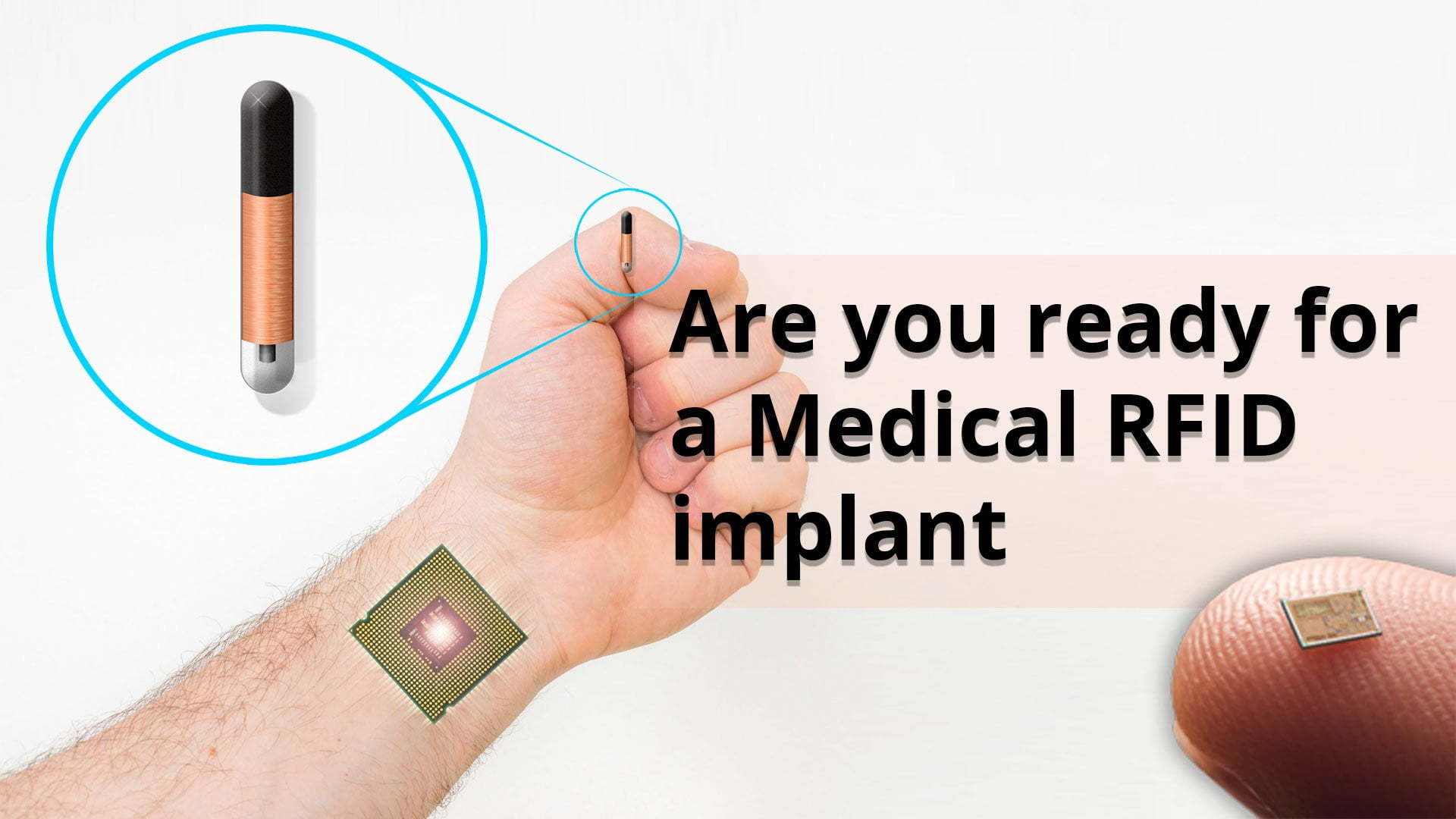
The Revolution in Personal Security and Convenience, Balancing Progress with Privacy HICs, or Human Implantable Chips, are sparking a heated debate among proponents and critics alike. While supporters argue that these chips could revolutionize personal security and convenience by securely storing sensitive data like passport information, medical records, and financial details within an implanted microchip, privacy concerns remain paramount. Striking the right balance between technological advancement and protecting individual privacy rights is a complex challenge that requires careful consideration.
The Revolution in Personal Security and Convenience, Balancing Progress with Privacy
The HIC Revolution: Enhanced Security and Convenience
Advocates of HICs emphasize the potential for these chips to reshape personal security and convenience:
Data Security: By storing sensitive information directly within the human body, the risk of data breaches, identity theft, and fraud could be significantly reduced. This promises a safer digital world for individuals.
Convenience: Accessing personal data and services could become as simple as a wave of the hand, eliminating the need for physical documents, passwords, or authentication processes.
The Privacy Conundrum: Balancing Progress with Rights
However, the introduction of HICs also raises crucial privacy concerns:
Informed Consent: Ensuring that individuals fully understand the implications of implanting such technology is paramount. Informed consent is the cornerstone of ethical implementation.
Data Ownership: Determining who owns and controls the data stored in these chips is a complex issue. Striking the right balance between individual autonomy and data security is essential.
Protection Against Abuse: Robust safeguards are needed to prevent potential abuses, including unauthorized data access, tracking, or coercion.
The Role of Regulation and Ethical Frameworks
To address these concerns, regulatory bodies, and ethical frameworks must be established:
Legal Frameworks: Governments and international bodies should develop clear legal frameworks that outline the rights and responsibilities associated with HICs, ensuring compliance with privacy laws and human rights.
Transparency: Companies and organizations involved in HIC development should operate transparently, sharing information about how data is collected, stored, and used.
Ethical Considerations: Ethical guidelines should be established to guide the responsible implementation of HICs, emphasizing principles such as autonomy, beneficence, and non-maleficence.
Navigating the HIC Landscape
HICs hold the promise of enhancing personal security and convenience in the digital age. However, the path to realizing this potential must be guided by a robust ethical framework and stringent regulations to ensure individual privacy rights are respected. Striking the right balance between technological progress and privacy protection is an ongoing challenge, but it is essential for building a future where innovation and human rights coexist harmoniously.
Last Updated on: Wednesday, September 6, 2023 7:44 am by Anu Priya | Published by: Anu Priya on Wednesday, September 6, 2023 7:44 am | News Categories: News, Business, GENERAL, Tech
About Us: Business Byte covers a wide range of topics, including India news, business updates, startup insights, technology trends, sports, entertainment, lifestyle, automobiles, and more, led by Editor-in-Chief Ankur Srivastava. Stay connected on Website, Facebook, Instagram, LinkedIn, X (formerly Twitter), Google News, and Whatsapp Channel.
Disclaimer: At Business Byte, we are committed to providing accurate, reliable, and thoroughly verified information, sourced from trusted media outlets. For more details, please visit our About, Disclaimer, Terms & Conditions, and Privacy Policy. If you have any questions, feedback, or concerns, feel free to contact us through email.
Contact Us: businessbyteofficial@gmail.com || ankursri983@gmail.com